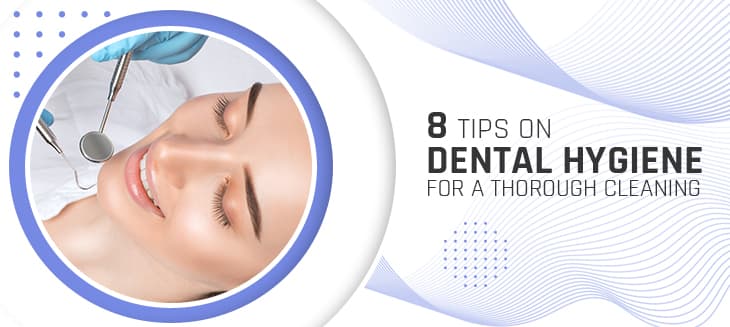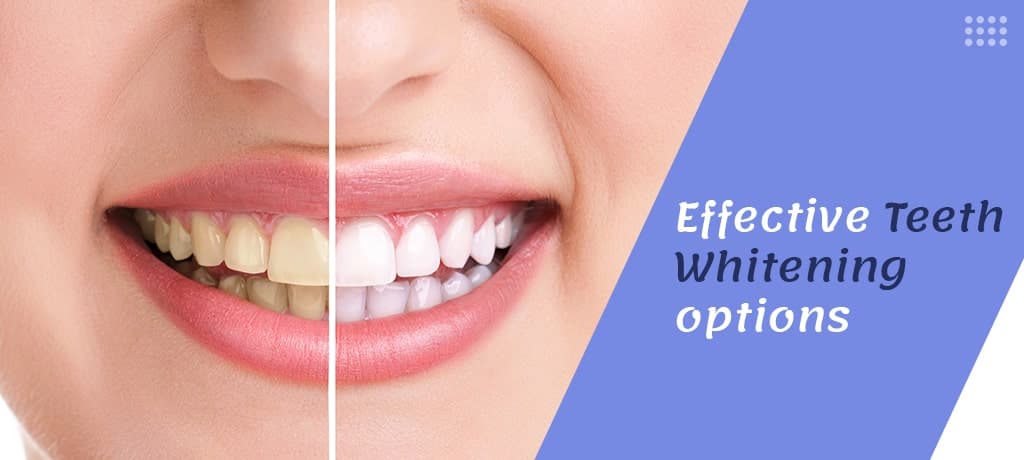Understanding the Different Types of Dental Cleanings
Let's face it - life in London can be hectic. Between juggling work, social commitments, and everything else on your plate, it's easy to overlook one crucial aspect of self-care: dental cleanings.
Why Dental Cleaning Is Important
Plaque is like the uninvited guest at a party - it shows up unannounced and overstays its welcome. This sticky film of bacteria clings to your teeth and, if not removed, hardens into tartar.
Types of Dental Cleanings Explained
Standard Dental Cleaning (Prophylaxis)
This is the bread and butter of dental cleanings, perfect for people who visit their dentist regularly and maintain good oral hygiene at home.
Deep Cleaning (Scaling and Root Planing)
For those battling early-stage gum disease (gingivitis) or periodontitis, a deep cleaning is often the go-to solution.
Gross Debridement Cleaning
Imagine skipping dental cleanings for years. Over time, plaque and tartar accumulate to the point where a standard cleaning won't cut it.
Periodontal Maintenance Cleaning
If you've undergone treatment for gum disease, periodontal maintenance cleanings become part of your ongoing care plan.
Conclusion
Choosing the right type of dental cleaning ensures your oral health stays on track. Combine professional care with solid at-home habits, and you'll enjoy fresher breath, whiter teeth, and healthier gums.









